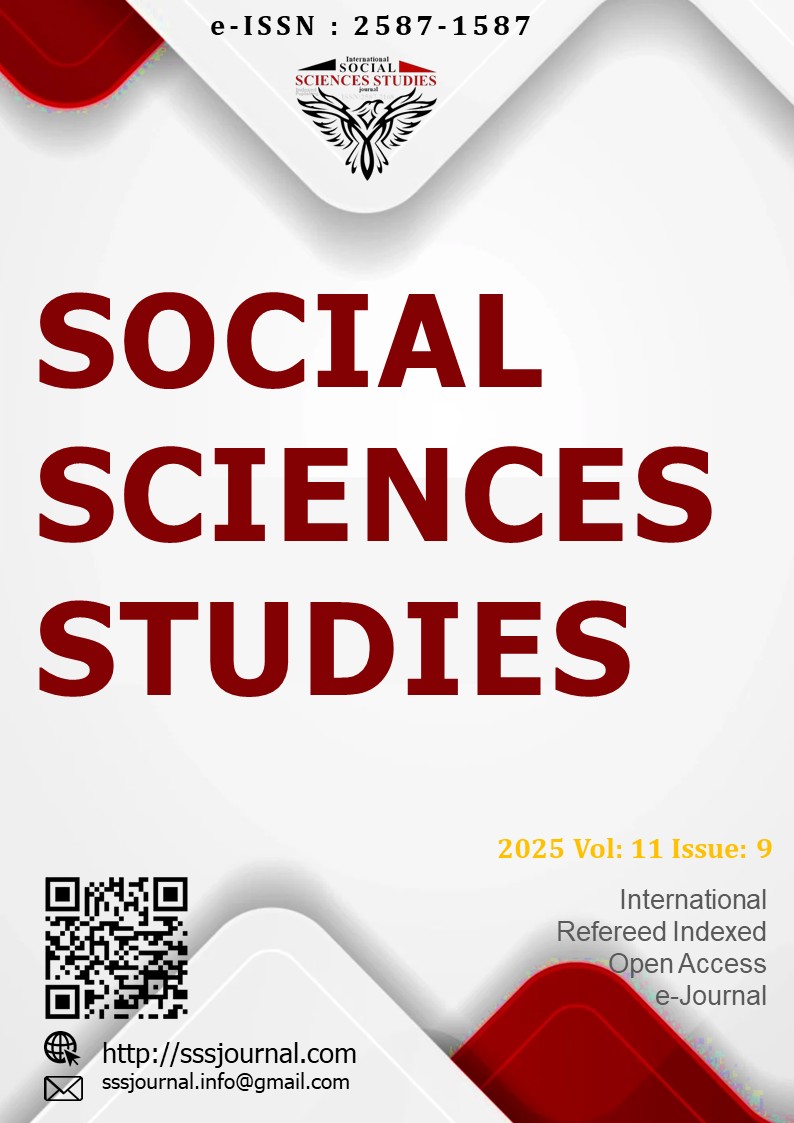Çevrimiçi Kısa-Öz-Şefkati Deneyimleme Grup Çalışmasının Kadınların Öz-Şefkat, Durumluk Kaygı ve Mutluluk Korkusu Düzeylerine Etkisinin İncelenmesi
Author :
Abstract
Öz-şefkat diğer insanlara gösterdiğimiz şefkatin kendimize yönlendirilmiş halidir. En çok ihtiyacımız olan zamanlarda kendimize iyi bir arkadaş olabilmeyi öğrendiğimiz bir uygulamadır. Şefkat araştırmacıları şefkatin bir bilgi olarak bilinmesinden öte onun deneyim yoluyla edinilmesi ve içselleştirilmesi gereken bir kavram olduğunu savunmaktadır. Bu nedenle çalışmanın amacı,“Çevrimiçi Kısa-Öz-Şefkati Deneyimleme Grup Çalışmasının” kadınların öz şefkat, durumluk kaygı ve mutluluk korkusu düzeylerine etkisini incelemek olarak belirlenmiştir. Çalışma her bir oturum 40 dakika olmak üzere üç oturum şeklinde 24 kadın katılımcıya çevrimiçi uygulanmıştır.Çalışmada karma yöntem araştırma desenlerinden yakınsayan desen tercih edilmiştir. Nicel aşamada veri toplama araçları olarak Durumluk Öz-Şefkat Ölçeği Uzun Formu, Durumluk-Sürekli Kaygı Ölçeği, Mutluluk Korkusu Ölçeği ve kişisel bilgi formu, nitel aşamada ise Google form anketleri kullanılmıştır. Nicel veriler parametrik olmayan istatistiksel yöntemlerden Wilcoxon İşaretli Sıralar Testi ile nitel veriler ise içerik analizi yöntemi ile çözümlenmiştir. Nicel veriler grup çalışması sonucunda katılımcıların öz-şefkat düzeylerinin arttığını, buna karşın kaygı düzeyleri ile mutluluk korkusunun azaldığını göstermektedir. Nitel veriler ise nicel verileri desteklemiş ve uygulanan program sonucunda katılımcıların öz-şefkatli benliklerini geliştirme yolunda olumlu yönde değişimler olduğu görülmüştür. Bulgular alan yazın doğrultusunda tartışılmış ve önerilere yer verilmiştir.
Keywords
Abstract
Self-compassion is the compassion we show to other people directed towards ourselves. It is a practice where we learn to be a good friend to ourselves when we need it most. Compassion researchers argue that compassion is a concept that needs to be acquired and internalized through experience rather than being known as knowledge. For this reason, the aim of the study was determined to examine the effect of the "Online Brief Self-Compassion Experiencing Group Study" on women's self-compassion, state anxiety and fear of happiness levels. The study was applied online to 24 female participants in three sessions, each session lasting 40 minutes. Convergent design, one of the mixed method research designs, was preferred in the study. In the quantitative phase, State-Trait Self-Compassion Scale Long Form, State-Trait Anxiety Scale, Fear of Happiness Scale and personal information form were used as data collection tools, and in the qualitative phase, Google form questionnaires were used. Quantitative data were analyzed using Wilcoxon Signed Rank Test, a nonparametric statistical method, and qualitative data were analyzed using content analysis. Quantitative data show that the participants' self-compassion levels increased as a result of the group work, while their anxiety levels and fear of happiness decreased. Qualitative data supported the quantitative data and as a result of the program, it was seen that there were positive changes in the way of developing self-compassionate selves of the participants. The findings were discussed in line with the literature and recommendations were given.





